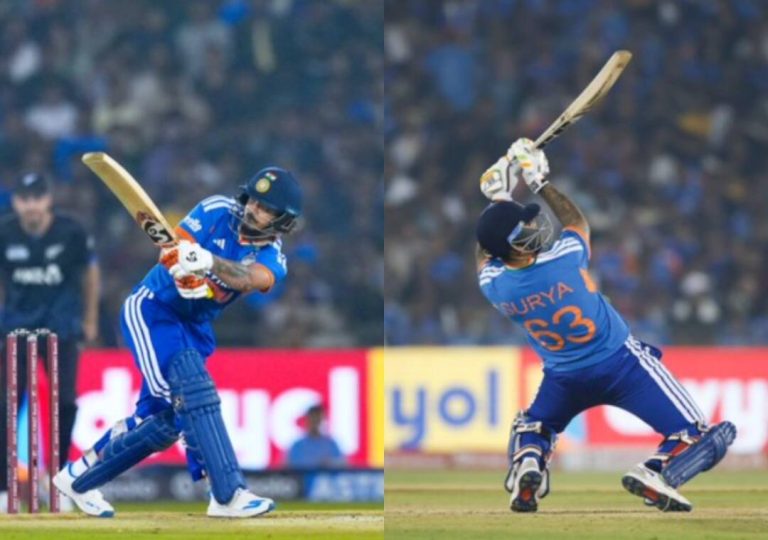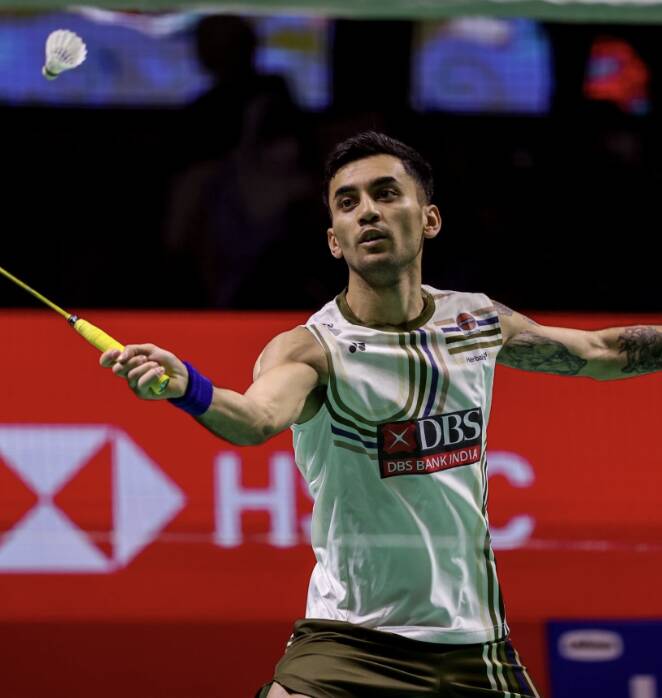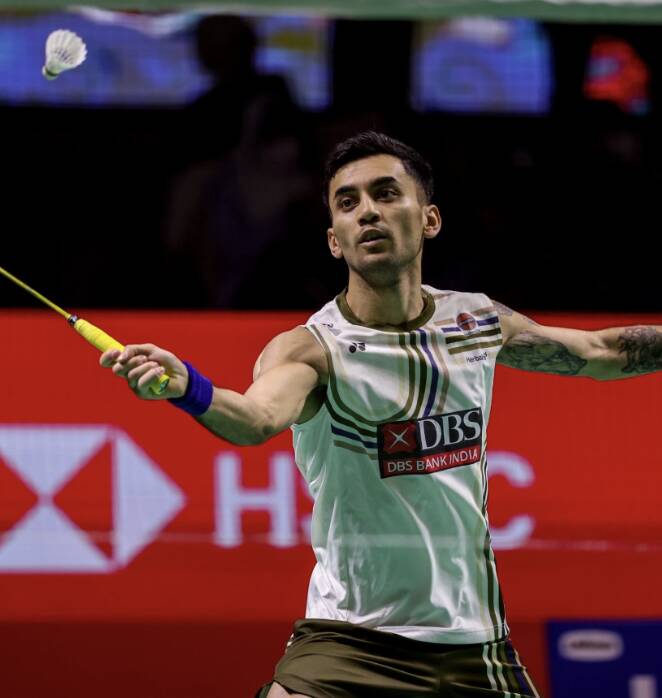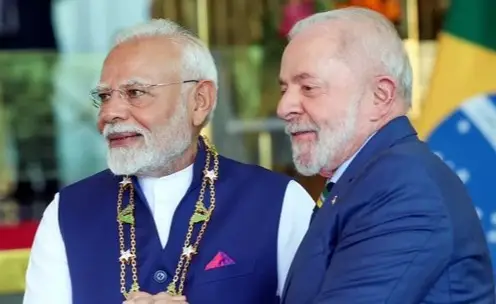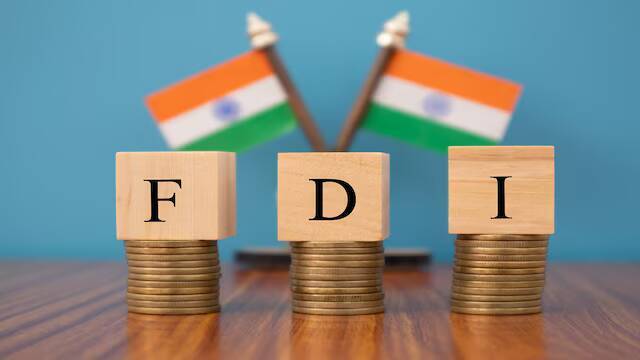
Why is Mercedes F1 now worth more than Liverpool, Barcelona & PSG?
The world of sports has witnessed a significant shift in recent years, with the lines between different disciplines becoming increasingly blurred. The latest development in this trend is the staggering valuation of the Mercedes Formula 1 (F1) team, which has left many scratching their heads. In a recent deal, CrowdStrike Founder George Kurtz acquired a 15% stake in Toto Wolff’s investment company, giving him an effective 5% stake in the team. This ₹2,688 crore deal has put a whopping ₹53,774 crore valuation on Mercedes, making it more valuable than some of the biggest names in football.
According to Forbes estimates, Mercedes is now worth more than Liverpool (₹48,397 crore), Barcelona (₹50,637 crore), and PSG (₹41,227 crore). This is a remarkable feat, considering the massive global following and financial might of these football clubs. So, what factors have contributed to Mercedes’ soaring valuation, and what does this mean for the future of F1 and the sports industry as a whole?
The Rise of F1
Formula 1 has undergone a significant transformation in recent years, with the sport experiencing a surge in popularity, particularly among younger audiences. The introduction of new teams, drivers, and racing formats has helped to revitalize the sport, making it more exciting and accessible to a wider range of fans. The Netflix documentary series “Formula 1: Drive to Survive” has also played a significant role in promoting the sport, providing an intimate look at the lives of F1 drivers and teams.
As a result, F1 has seen a significant increase in viewership and sponsorship deals, with major brands like Mercedes, Ferrari, and Red Bull dominating the sport. The Mercedes team, in particular, has been a powerhouse in F1, winning multiple championships and consistently performing at a high level. This success on the track has translated to significant financial gains, with the team attracting major sponsors and generating substantial revenue from broadcasting rights and merchandise sales.
The Role of Toto Wolff
Toto Wolff, the team principal and CEO of Mercedes F1, has been instrumental in the team’s success. Under his leadership, Mercedes has become one of the most dominant forces in F1, winning multiple championships and establishing itself as a major player in the sport. Wolff’s business acumen and strategic vision have also helped to attract major investors and sponsors to the team, further solidifying its financial position.
The recent deal with George Kurtz, the founder of CrowdStrike, is a testament to Wolff’s ability to attract high-profile investors to the team. Kurtz’s 15% stake in Wolff’s investment company gives him an effective 5% stake in the Mercedes F1 team, valuing the team at ₹53,774 crore. This deal is a significant vote of confidence in the team’s future prospects and a reflection of the growing value of F1 as a global sports brand.
The Future of F1
The valuation of Mercedes F1 at ₹53,774 crore is a significant milestone for the sport, demonstrating the growing financial might of F1. As the sport continues to attract new fans and sponsors, it is likely that valuations will continue to rise, making F1 teams increasingly attractive to investors.
The deal between Kurtz and Wolff also highlights the growing convergence of technology and sports. CrowdStrike, a leading cybersecurity firm, is a major player in the tech industry, and Kurtz’s investment in Mercedes F1 reflects the growing interest in sports among tech investors. This trend is likely to continue, with more tech investors and companies looking to invest in sports teams and leagues.
Conclusion
The valuation of Mercedes F1 at ₹53,774 crore is a remarkable achievement, demonstrating the growing financial might of the sport. As F1 continues to attract new fans and sponsors, it is likely that valuations will continue to rise, making F1 teams increasingly attractive to investors. The deal between Kurtz and Wolff is a significant milestone in this trend, highlighting the growing convergence of technology and sports.
As the sports industry continues to evolve, it will be interesting to see how F1 and other sports leagues adapt to changing viewer habits and technological advancements. One thing is certain, however: the future of F1 looks bright, with the sport poised to continue its growth and attract new fans and investors from around the world.
News Source: https://www.reuters.com/business/crowdstrike-founder-kurtz-buys-into-mercedes-f1-team-2025-11-20/
